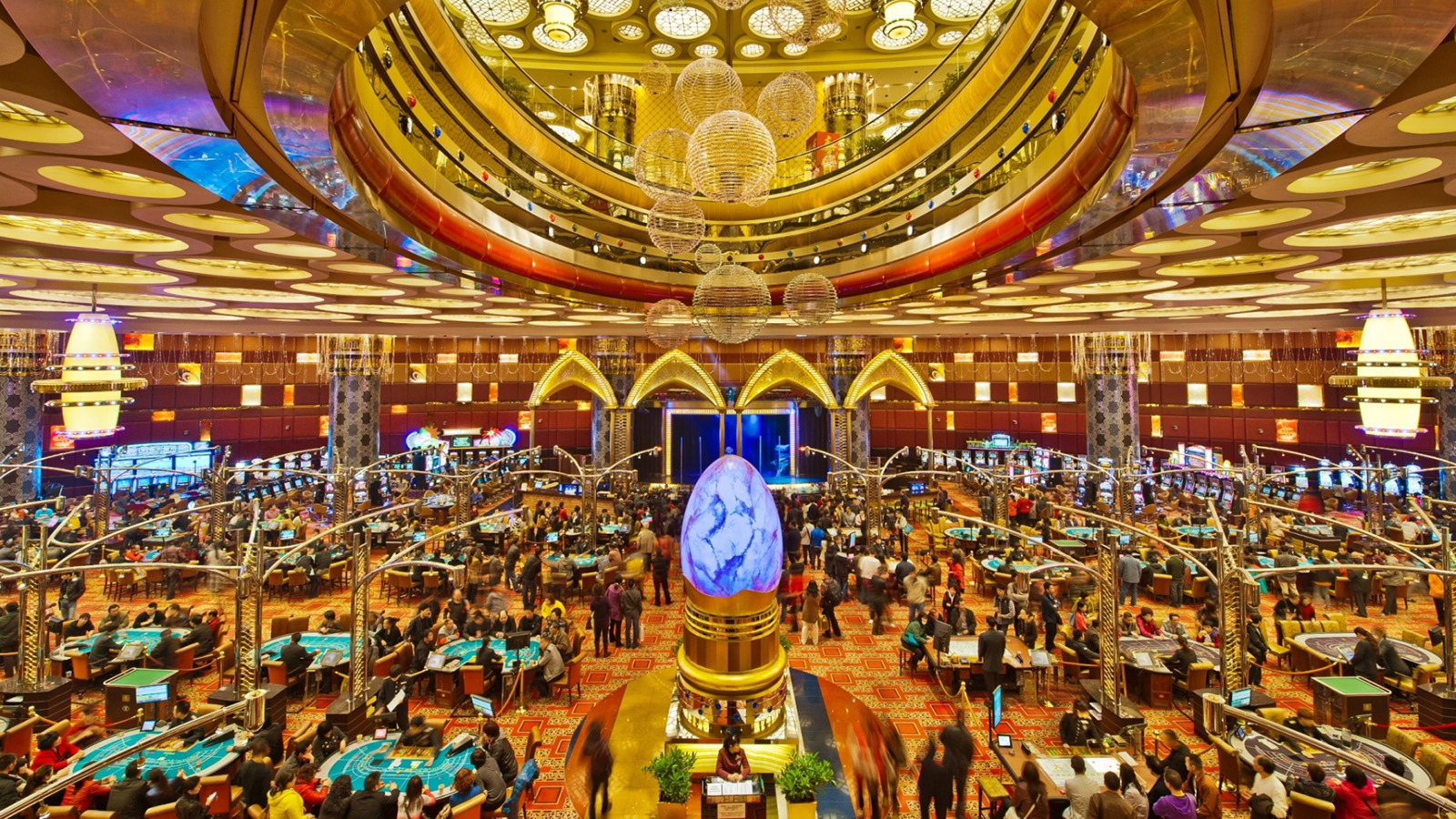
Gambling games have long been an integral part of human culture, providing not just entertainment but a fascinating reflection of our aspirations, ambitions, and concerns. From the rotating wheels of a slot machine to the strategic gameplay of poker, these games represent a variety of human feelings and events. At their core, casino games are more than a chance to make profits; they are a microcosm of life itself, where danger and gain intertwine and fate can change in an eye blink.
As players gather around tables or sit in front of vibrantly illuminated machines, they take part in a tradition that transcends mere gambling. These games mirror our innate desires for connection, thrill, and the search for fortune. They also reveal deeper truths about human nature, such as our relationship with fate and the excitement of risk. In exploring casino games, we reveal not only the rules of play but also the complex weave of the human story, showcasing our interconnected narratives of hope and reality.
The Mind Behind Gambling
Wagering is deeply rooted in the psyche of individuals, tapping into various feelings and desires. The excitement of taking risks is a core aspect that draws players in, be it the thrill of spinning a roulette wheel or the anticipation of drawing a winning card in a poker game. This rush of adrenaline is frequently likened to other forms of thrill, as the unpredictability of outcomes triggers a unique psychological response. best non GamStop sites Players often become entranced by the chance of winning big, leading to an almost magnetic draw toward casino games.
Another, a crucial component of the psychology behind gambling is the concept of optimism and ambition. Players often indulge in fantasies of financial freedom and the luxurious lifestyle that can follow winning. This optimism fuels their ongoing participation in gambling, as it provides a sense of meaning and the belief that a life-changing win could be just one wager away. The story of beating the odds and finding success resonates with many, strengthening their commitment to play and engage with these games.
Finally, social dynamics play a crucial role in gambling psychology. Casino environments are designed to promote social interaction, where players gather to share the experience of wins and losses. This communal aspect not only enhances enjoyment but also affects behavior, as individuals often imitate the actions of others around them. The collective approval found in mutual thrill can enhance the emotional experience, making casino games a mirror of not just personal desires but also collective engagement within the gambling community.
## The Dual Nature of Risk and Reward
Casino games embody the subtle balance between risk and reward that resonates deeply with human psychology. The rush of placing a wager is often accompanied by a surge of excitement, as participants are confronted with the chance of winning big, yet fully aware of the possibility to suffer losses. This twofold experience reflects a essential aspect of life: the decisions we face often come with inherent risks, and the quest for benefit can push us to embrace risks we might not normally consider. In this way, gambling activities mirror real-world decisions, enticing players to risk not just their money, but also their aspirations.
The allure of big prizes and winnings fuels a wave of hope, motivating gamblers to dream of a more promising future that could emerge from a lucky spin of the wheel or turn of a card. This optimism can motivate individuals to engage in greater risks, encouraging them to take greater risks in search of economic benefit. However, just as in life, the results of these risks can lead to both victory and loss. The narratives of both big winners and those who have lost everything at the tables demonstrate the chaotic nature of luck and its impactful repercussions on our existence.
Ultimately, the experience of engaging with gambling activities serves as a vivid illustration of the human condition. Every game played is filled with the tension of ambiguity, as players weigh the rewards against the risks. This interaction not only highlights the excitement that comes with gambling but also unveils the vulnerabilities that come with the longing for more. As we explore the challenges of choice and consequence in both the gambling world and in life, we find that the search for benefit shapes our identities and experiences in deep ways.
Culture and Isolation in Casino Culture
Gambling culture is a special blend of social engagement and individual pursuit, reflecting the contrasts of human experience. Players often gather around tables, sharing in the excitement of the action, celebrating wins, and sympathizing over losses. This social aspect is crucial, as it establishes a sense of belonging and bonding among varied groups of individuals. Regular visitors to gaming establishments may build friendships and establish routines, turning the casino into a alternative home where they experience linked to a larger community of players.
However, the allure of casino activities can also lead to loneliness. As individuals become engrossed in the excitement of playing, they may isolate from personal relationships or fail to interact with the world outside the gaming space. For some, the pursuit of a windfall can overshadow real relationships, leading to loneliness. The situation of being among others yet feeling solitary is not rare, as the focus shifts from collective fun to the individual stakes of each individual’s journey.
This interplay of community and solitude creates a vivid tapestry that defines casino culture. It showcases the intricacy of social interactions, where joy and sorrow exist together. Gambling venues serve as both a refuge for social interaction and a stage for individual struggles, illustrating how deeply entwined our desire for companionship and the individual quest for fortune can be. In navigating this landscape, players confront their own stories—seeking both the thrill of the game and the fellowship of fellow gamblers, ultimately reflecting the wider spectrum of human experience.